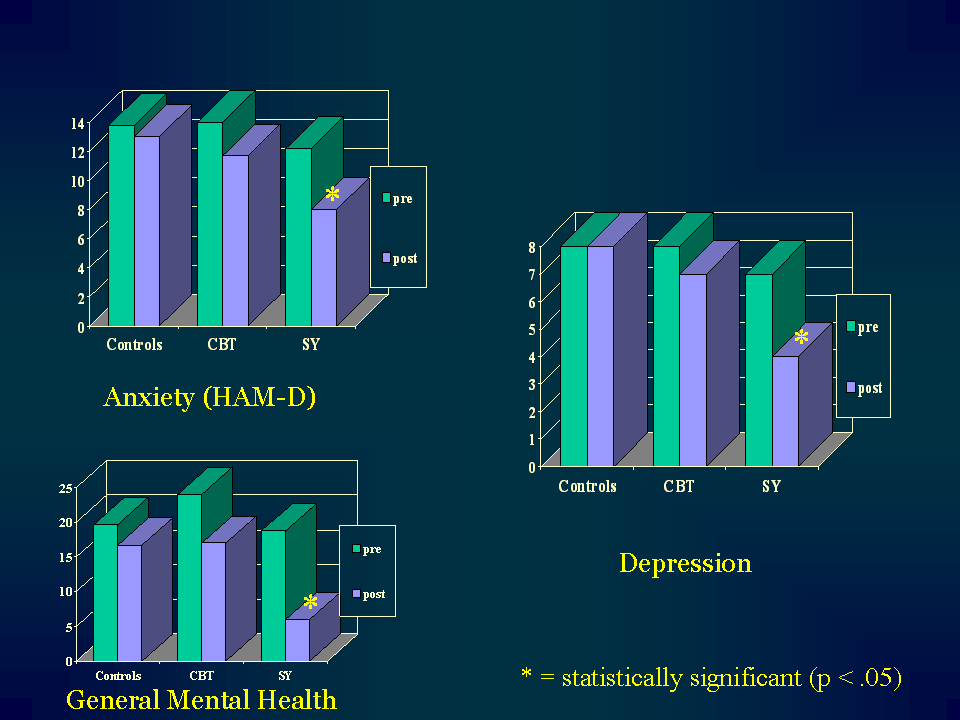How Will My Son [high functioning autistic] Do As An Adult?

“I have a 19 y.o. son with high functioning autism. I am curious how he will do out in the world as an adult. How well do people with the condition truly 'function' when they actually have to fend for themselves?” One of the most interesting and useful sources of data on outcome derives indirectly from observing those parents of kids with High-Functioning Autism (HFA) and Asperger’s (AS) who themselves appear to be somewhere on the autism spectrum. From these observations, it is clear that HFA does not preclude the potential for a more "typical" adult life. These grown-ups will often gravitate to a job or profession that relates to their own areas of special interest, sometimes becoming very proficient. Many young people with HFA and AS are able to successfully complete college – and even graduate school. However, in most cases, they will continue to demonstrate (at least to some extent) subtle differences compared to “typical” adults. For example: M


